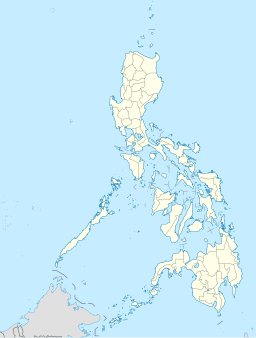At the International Baptist Theological Seminary, Prague,several speakers shall try to explore and facilitate a conversation on the overall picture of Bible
translation, particularly in Eastern Europe
There will be given five major papers on Translation Logistics, Models of Translation and
the Target Audience, Recent Research on Bible Translation in Central and
Eastern Europe, Folk Translations and Vernacular Readings, Recent
Romanian Translations with particular reference to Cultural,
Ecclesiastical and Doctrinal Bias, and the 400th Anniversary of the King
James Version.
Four Workshops with short papers and discussion on Translation
Structures and Ecumenical Considerations in the Slovak Ecumenical Bible
(2007), and other possible topics such as translating the Psalms,
translation for beginners and a ‘first academic’ translation of the
Bible in an Eastern European country.
Further input from other countries, with time for open discussion, informal conversations and networking.
Contributors:
Juraj Bandy, Slovak Professor and specialist in Bible translation, responsible for the recent translation of the Slovak Ecumenical Bible.
Emanuel Contac, lecturer at the Theological Pentecostal
Institute in Bucharest, whose doctoral dissertation (published by Logos)
addresses theological and cultural bias in Romanian translations of the
New Testament focussing on eleven concepts (eg Mariology, presbyteros,
etc) and specific words and texts (eg dikaioun, menoun, etc) in 40
Romanian versions.
Iryna Dubianetskaya, a Greek Catholic biblical scholar and
linguist, Doctor of Sacred Theology (Ph.D., S.T.D), leader of the Bible
School (Flying University, Minsk), Docent at the European Humanities
University in Vilnius, initiator and co-ordinator of the Committee for
the first academic translation of the Bible into Belarusian.
John Elwolde (to be confirmed), former UBS Translation
Consultant in Ukraine, Belarus, Croatia, Serbia, Poland, Russia, and
Central Asia. Recent contributions include ‘Language and Translation of
the Old Testament’ (Rogerson & Lieu (eds), Oxford Handbook of
Biblical Studies, pp 135-38, OUP), ‘Relationships among the Russian
Synodal Bible, the Slavonic Text, and the Septuagint’ (Folia Orientalia
47) and ‘The Biblical Dead Sea Scrolls and Some Issues of Canon’ (Lénart
J. de Regt (ed), Canon and Modern Bible Translation in
Interconfessional Perspective, pp 1-41, UBS, Turkey).
Florentina Badalanova Geller, graduate in Slavonic
Philology, University of Sofia, holding a PhD from Moscow State
University, 1984. Currently Professor at the Freie Universität Berlin,
teaching courses on Biblical Anthropology and Apocrypha, on leave from
the Royal Anthropological Institute, London. Previous appointments in
the Bulgarian Academy of Sciences, the University of Sofia, and
University of London. She is Honorary Research Fellow, UCL (Department
of Hebrew and Jewish Studies). Currently working on the Folk Bible and
vernacular Mariology.
Alec Gilmore, Baptist minister in the UK, graduate of
Manchester University, IBTS Senior Research Fellow and author of
Dictionary of Bible Origins and interpretation (T & T Clark).
Jamie Grant, lecturer in Biblical Studies at the Highland Theological College, University of the Highlands and Islands, UK.
Lydie Kucova, graduate of Brunel and Edinburgh Universities, member of the IBTS Academic Team and lecturer in Biblical Studies.
Silviu Tatu, Senior Lecturer at the Theological Pentecostal
Institute in Bucharest, and well acquainted with the Cornilescu version
and other translation issues, including relationships with the Orthodox
Church.
For further details relating the programme of the seminar please
contact: Lydie Kucova (Kucova@ibts.eu) or Alec Gilmore
(a.gilmore@gilco.org.uk).
